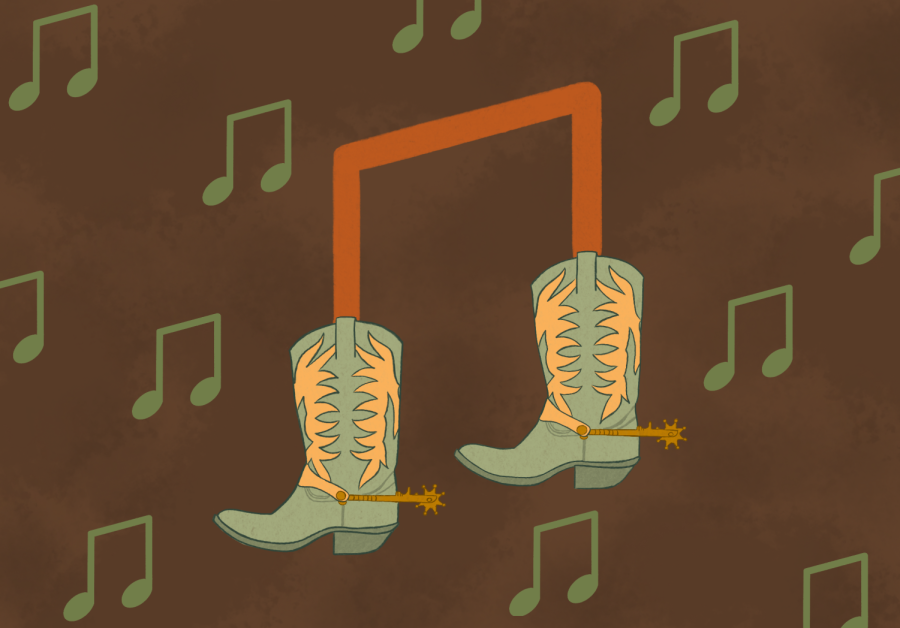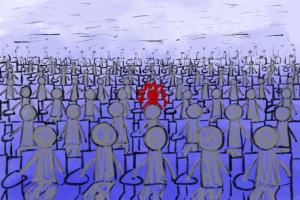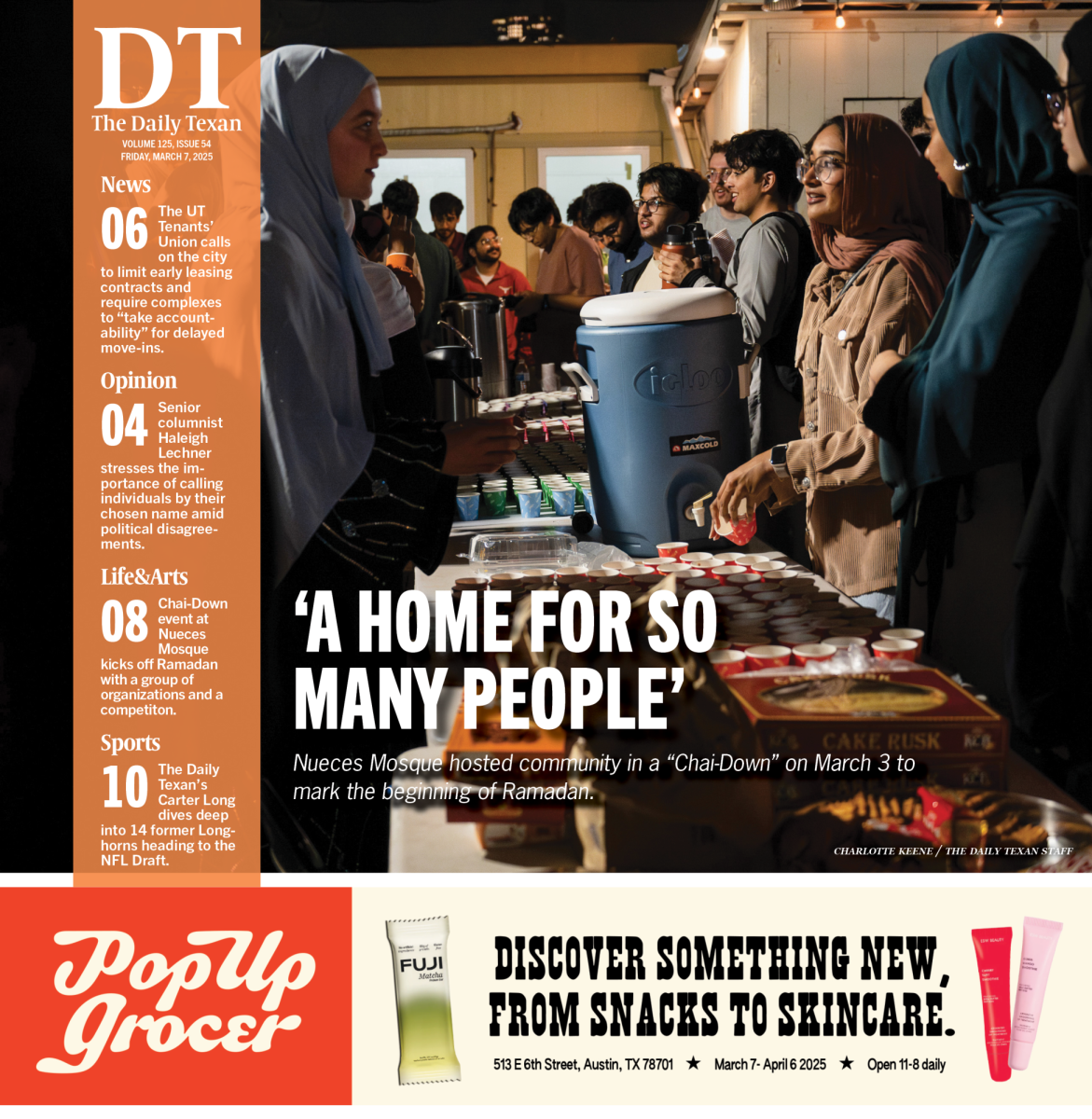You gotta have a fiddle in the band
April 16, 2023
When you ask people what kind of music they like, you often hear “anything but country.” Some people say all country sounds the same, that its content is shallow or even that the genre is hegemonic. I used to be in this camp myself — before falling head over boots for the genre’s broad range of sound, powerful storytelling and strong individuality.
For Plan II freshman Chloe Zhao, country music has just never appealed to her.
“The sound and the way the country artists sing and everything, it just rubs me the wrong way” said Zhao.
There’s nothing wrong with disliking the way a genre sounds; there’s plenty of country artists who I can’t stand even as a fan, but many people are unfamiliar with the sheer range of what “country” means.
There are even mash-ups of country songs aimed to prove the stereotype that all country songs sound the same. While I admit these mash-ups are funny, they are not representative of country as a whole. Instead, they’re often composed of mainstream pop-country like Florida Georgia Line and Blake Shelton. Although popular, no real country fan is arguing the quality of these artists. This category of country that most people think of — the songs about women, beer, and pick-up trucks — is called “bro-country,” and it’s the cause of a so-called “civil war” among country fans.
“With real country music, it’s more about sharing an experience, rather than a subliminal message,” said exercise science junior Jackson Beettner.
Unfortunately, country music has been long represented as a white, male industry. As a community wonderfully committed to diversity, equity and inclusion, this misconception is one of the main reasons why UT students turn away from what once was a pillar of Austin and Texas culture.
“The people who like (country music) are extremely racist or conservative or are just so unbelievably white,” said Zhao, echoing this problem.
However, women and people of color have been influencing country music since the genre’s beginnings. Today, their voices are finally being amplified, and Texas students should support the shift.
During Shania Twain’s recent acceptance speech for the Equal Play Award at the 2023 CMT Music Awards, which was held at Moody Center, she issued a call for more equity and diversity in the country music industry. The irony is that country music was not always synonymous with conservatism. In fact, the earliest country stars campaigned for equitable policies, with country music stars like Merle Haggard and Johnny Cash being known for speaking up for marginalized communities in the ’60s.
When it comes down to it, the country industry is no different than any other broad music genre in that it contains both diverse sound and ideas. From red dirt to bluegrass to gothic country, a personal favorite of mine, there really is something for everybody. Increasingly, there’s diversity in who makes country music, too.
That being said, there are many parallels between country and non-country artists. If you’re a Taylor Swift fan, Kacey Musgraves has similar feminist undertones and beautiful storytelling; try “Merry Go Round” or “Rainbow”. For Hozier’s folk sound, look up Tyler Childer’s “Lady May”. If you like rock, I recommend classics like “Folsom Prison Blues” by Johnny Cash for themes of struggle or modern country-rock like Treaty Oak Revival and Koe Wetzel.
Late last year, I went to a Flatland Cavalry concert where lead singer Cleto Cordero introduced “Country Is” with Cordero’s experiences in country music as the son of a Mexican immigrant mother. The lyrics, echoed by the crowd with the authentic fire of a South Texas dance hall, speak for themselves: “Don’t rely on first impressions, country is what country means to you.”
Jackson is a Plan II and journalism first-year from Boerne, Texas.















